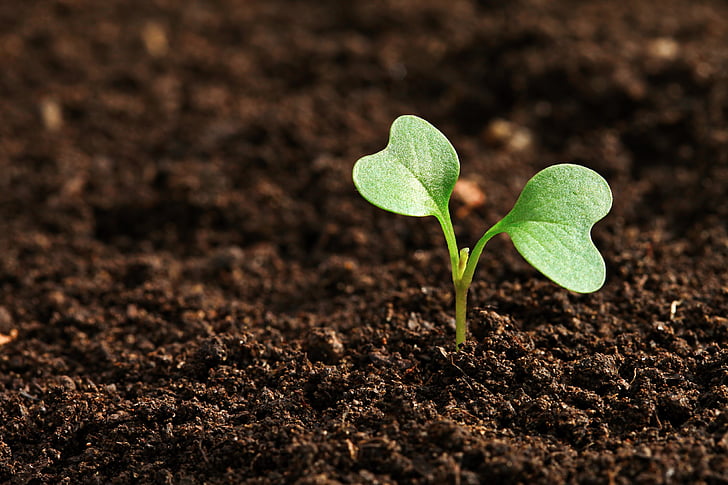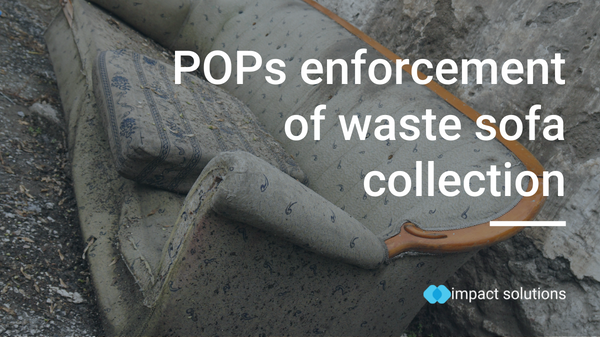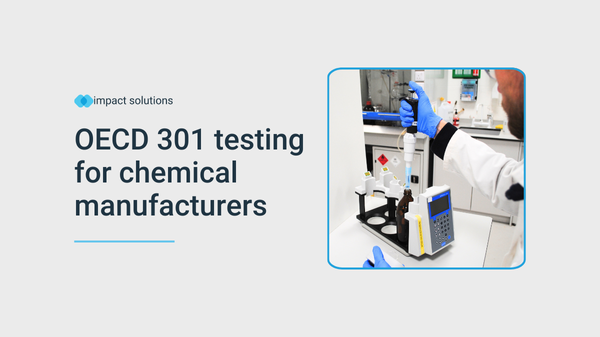ISO 16929: Disintegration of plastics – Compost Analysis
Why do we need to know the degree of disintegration of plastics?
In the R&D process of manufacturing a product with the claims of the material breaking down within controlled composting plants, manufacturers must have their products tested for certification of meeting the requirements of the standards set. A standard commonly used for this is the international standard ISO 16929 – Determination of the degree of disintegration of plastic materials under defined composting conditions in a pilot-scale test.
Outside of manufacturing, this testing may also be used in ecotoxicity testing (testing for the potential for a product to release harmful chemicals into the environment), for industries that deal in agrochemicals and industrial chemicals.
How to test for the disintegration of plastic materials to ISO 16929?
Preparation and form of the test material will vary depending on intent, such as using a sample the size of the final product for the determination of the degree of disintegration. Granules or powder may be used in the event of using compost for ecotoxicity testing. Preparation of biowaste should be as close to that used in composting plants as possible, such as municipal waste.
The test material will be mixed with a biowaste in controlled measurements, then put into the specified conditions. The results will be a growth of a microbial population (similar to mould growing on yogurt) that occurs naturally and should eventually disintegrate the material. During this process, the temperature will continue to rise, due to the microbial population.
Throughout the process, the mixture will be regularly mixed, while the conditions are continuously monitored at different stages. The variables monitored include; temperature, moisture content, pH-value, gas composition, checking for decolourisation or obvious visual changes, such as holes in the sample material. After a period of time, usually over 12 weeks, the end results should be a compost which has become stable, assuming the requirements have been met through the monitored variables.
Visual observation of the sample in the compost is documented regularly, to find whether the sample subject to degradation. Determination of the success of degradation infers to the compost being sieved through both a 2mm and 10mm sieve. Disintegration test is based on percentage of test samples held in the 2mm sieve in comparison to the amount tested for the total dry solids.
At Impact Solutions, we can carry out testing for disintegration in our biodegradable’s laboratory with our state-of-the-art equipment.





